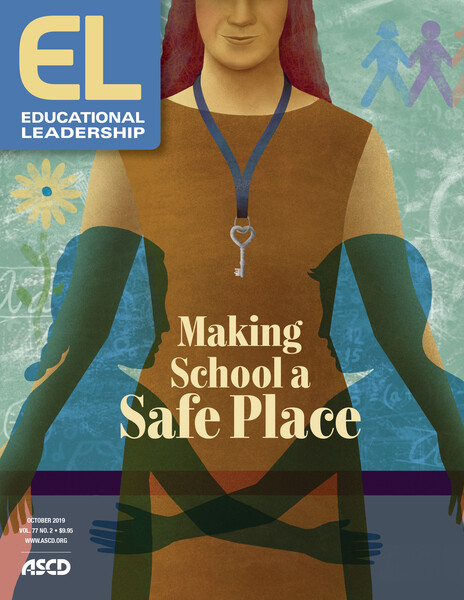A restorative justice disciplinary program used in some Pittsburgh schools helped decrease student suspensions and improve feelings of school safety, according to a study by the Rand Corp.
The study is one of the first randomized-controlled trials of restorative practices in schools, making it a key marker of the potential of such approaches, which generally focus on relationship building over punitive measures.
The researchers looked at select Pittsburgh public schools that had implemented a restorative practices program oriented around affective communication, conveying understanding of responsibility, and separating the "deed" from the "doer." All staff members at the schools received training and ongoing support in the recommended practices.
The study found that, after two years, overall suspension rates at these schools—including both the percentage of students suspended and days lost to suspension—had declined significantly in comparison with other schools. The effect was particularly strong at the elementary school level.
In addition, teachers in the restorative-practices schools reported better conditions for teaching and learning, including in the areas of school safety and student-teacher relationships. (One noted that students saw teachers "to be more of an ally to them.")
Curiously, however, overall academic outcomes in these schools did not improve and actually worsened at the middle school level. The researchers speculate that this may reflect implementation challenges at some schools.
In their recommendations, the researchers stress the importance of ensuring that teachers weave restorative practices into the school day and that school leaders understand and model the practices.
The study, "Can Restorative Practices Improve School Climate and Curb Suspensions? An Evaluation of the Impact of Restorative Practices in a Mid-Sized Urban School District," is available online at www.rand.org/pubs/research_reports/RR2840.html.






